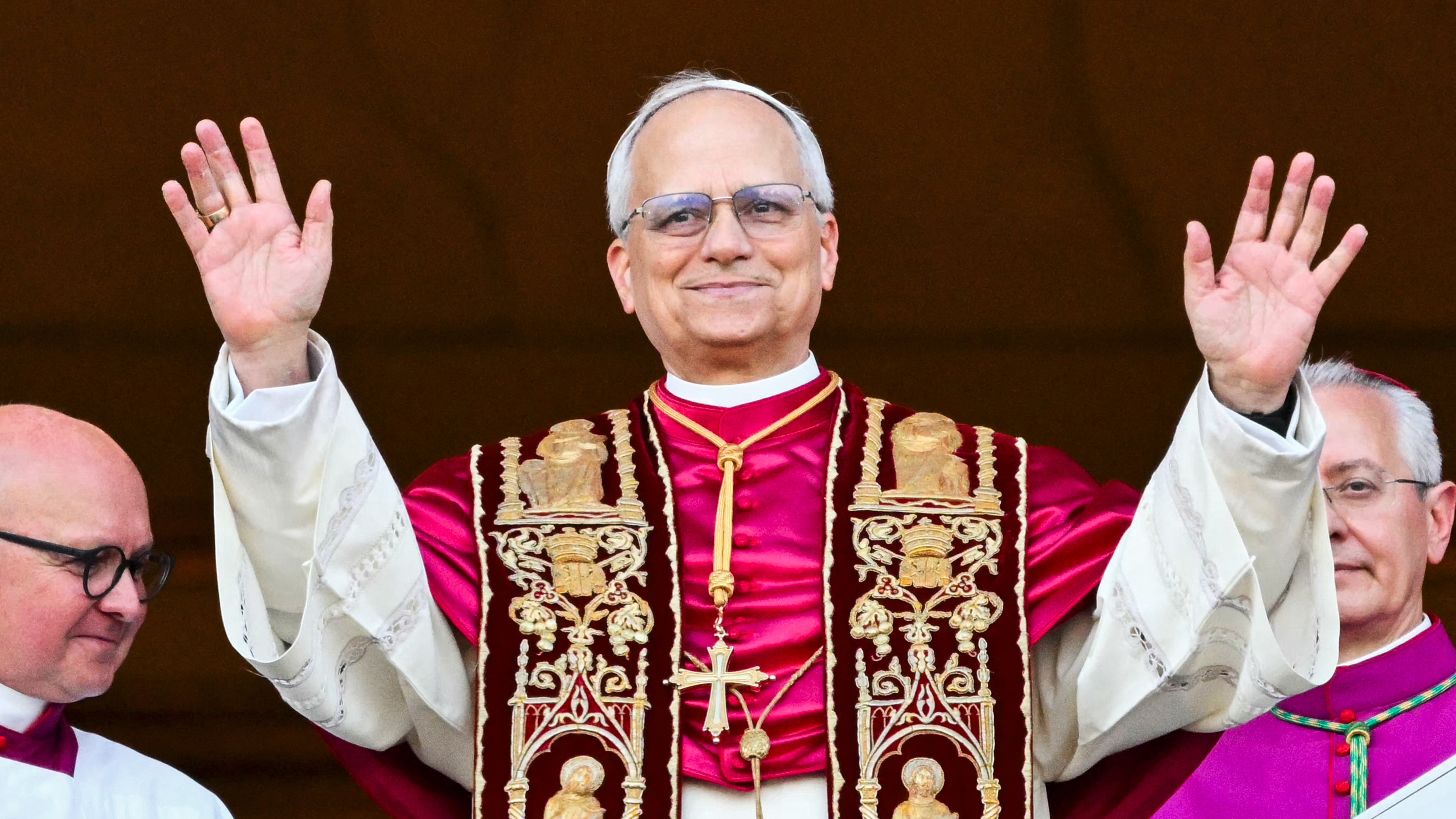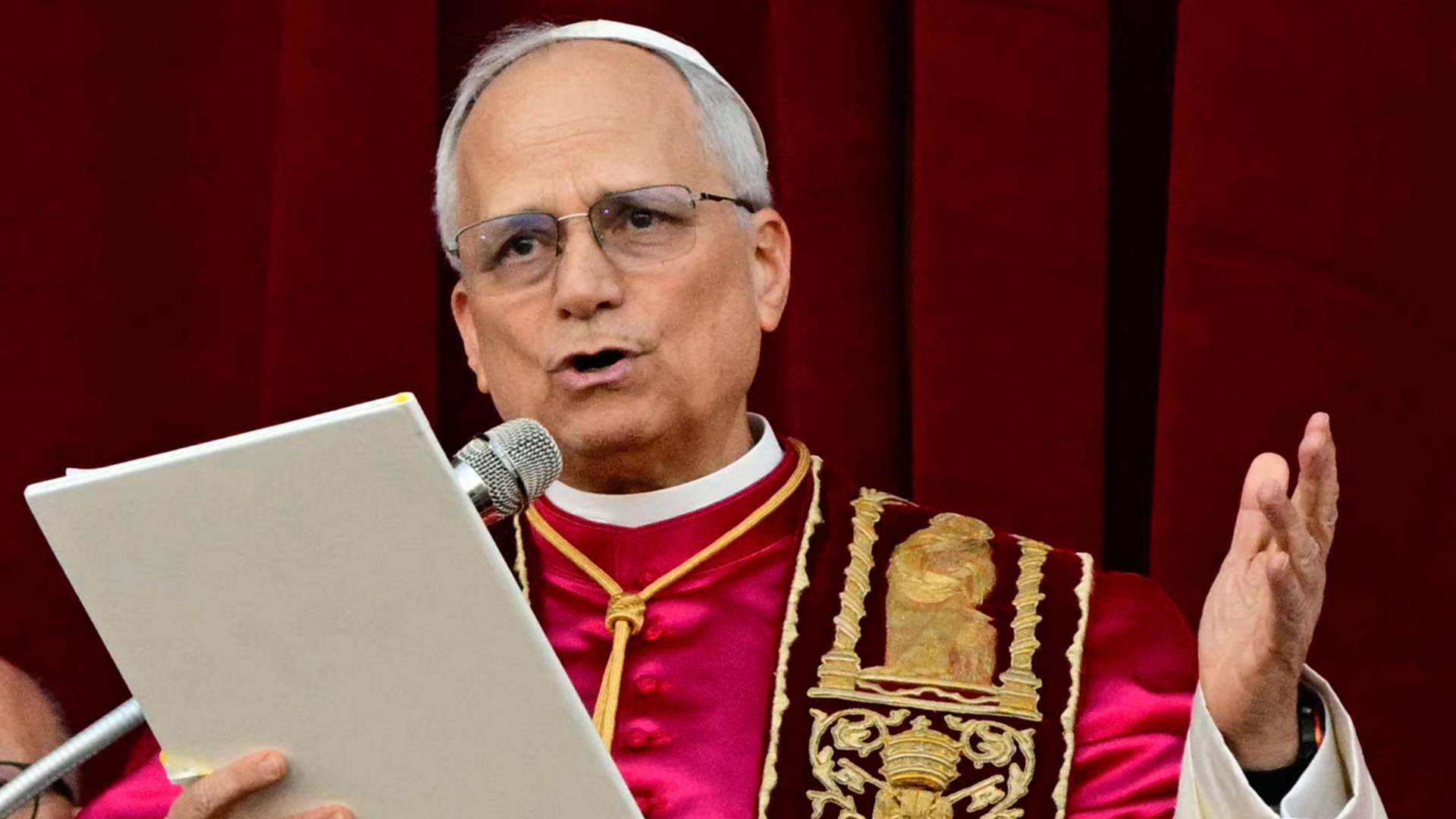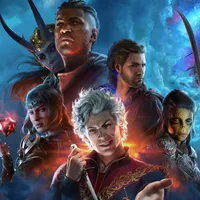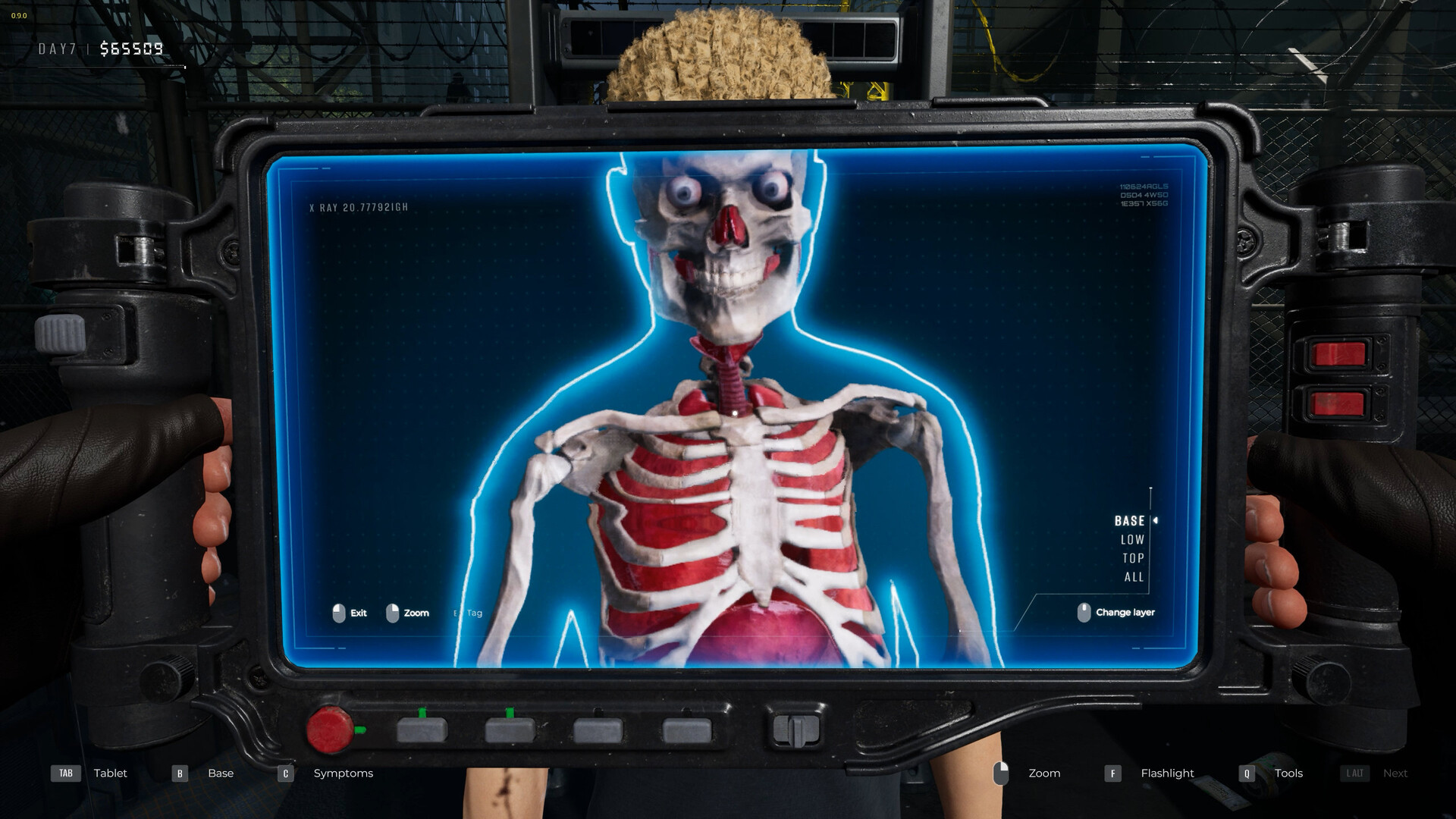Catholic church calls for a global AI regulatory framework as the Pope pontificates against the technology arms race, calling for the 'audacity of disarmament'
Wants AI to create a "more authentically just and human global society", but not impressed with what he's seen so far.

Ever since his election, Pope Leo XIV has made no bones about AI being a central theme for his papacy. In his very first address to the College of Cardinals on May 10 the Pope framed contemporary technological progress as a new industrial revolution, and made clear he chose his papal name in tribute to the 19th century Pope Leo XIII.
Since when the Holy father has been on a bit of a tear about the nascent technology, calling it a "threat to human dignity, justice and labour." The latest development comes from a Vatican seminar held on 16-17 October, called Digital Rerum Novarum: Artificial Intelligence for Peace, Social Justice, and Integral Human Development, with the Latin phrase a direct nod to Pope Leo XIII's encyclical letter Rerum Novarum: "Of revolutionary change."
Organized by the Pontifical Academy of Social Sciences, who sound like a great bunch of lads, the seminar's participants called for a halt to the AI arms race, in-line with the Pope's call for the "audacity of disarmament" (thanks, Vatican News).
Perhaps the biggest outcome from the event was the pressing need to pull-together disparate AI regulation initiatives into one shared global framework, which can then be pushed by powerful organisations like the Catholic church.
I mean, you don't have to believe in angels to think that might be a good idea. Our learned Catholic friends say such a framework should be binding, with mechanisms for enforcement, and be supported by big tech institutions themselves. Notably, Microsoft sent someone along to give a talk on the technology's future, but Google, Meta, Apple etcetera gave it a miss and their CEOs now owe the Pope ten Hail Marys.
In a message to the attendees, Pope Leo XIV acknowledged that AI has the potential to achieve great things, but also asks us how to create a "more authentically just and human global society." He quoted the late Pope Francis in saying: "While undoubtedly an exceptional product of human genius, AI is 'above all else a tool.'"
Outside of the global framework, there was some excellent Cardinalese about thinking "outside the opaque box of algorithms" and the important of environmental sustainability in the face of energy-guzzling data centers. Then we really get into starry-eyed territory with the idea of "technological social justice," things like Universal Basic Income, and a call for "cooperation among workers, employers, scientists, and governments to ensure a fair distribution of the benefits of AI."
Keep up to date with the most important stories and the best deals, as picked by the PC Gamer team.
Yeah good luck with that. The AI bubble exists because a lot of rich people want to get even richer, and firms like OpenAI have long since left their non-profit roots behind in the push for the great American dollar. Asking these people to play nice and give everyone a share of the pie might be a nice talking point at a Catholic seminar, but it's things like an enforceable global framework that could make a difference to its social impact.
Oh, and one discussion point that does seem pressing, even if I'm not keen on the coinage: Participants called for the development of "neuro-rights" to safeguard individuals from the risks of allowing invasive technologies, such as Musk's brain chip, into the human mind. That seems a pretty important area of ethics.

Finally, one concrete outcome was the creation of the AI Knowledge Network for Integral Human Development in Latin America, comprised of various prestigious institutions and experts. This aims to strengthen the region’s presence and foster collaboration on ethical and inclusive AI development, with a focus on "the cry of the poor".
Well I didn't expect the Pope to be one of the leading lights in the push to make AI more ethical, sustainable, and of benefit to humankind: as opposed to the Wall-E scenario. Pope Leo XIV clearly has the bit between his teeth and, even if the Catholic church isn't the trendiest outfit around, it remains an enormously powerful institution that can influence governments.
AI and society is a major theme for Pope Leo XIV, so don't expect this to be the last you hear of the Vatican going after Silicon Valley. My favourite moment so far was when someone asked him for permission to create an AI Pope. "If there's anybody who should not be represented by an avatar, I would say the Pope is high on the list," said the Pontiff.
"Someone recently asked authorization to create an artificial me so that anybody could sign onto this website and have a personal audience with 'the Pope'. This artificial intelligence Pope would give them answers to their questions, and I said, 'I'm not going to authorize that'".
Amen.
2025 games: This year's upcoming releases
Best PC games: Our all-time favorites
Free PC games: Freebie fest
Best FPS games: Finest gunplay
Best RPGs: Grand adventures
Best co-op games: Better together

Rich is a games journalist with 15 years' experience, beginning his career on Edge magazine before working for a wide range of outlets, including Ars Technica, Eurogamer, GamesRadar+, Gamespot, the Guardian, IGN, the New Statesman, Polygon, and Vice. He was the editor of Kotaku UK, the UK arm of Kotaku, for three years before joining PC Gamer. He is the author of a Brief History of Video Games, a full history of the medium, which the Midwest Book Review described as "[a] must-read for serious minded game historians and curious video game connoisseurs alike."
You must confirm your public display name before commenting
Please logout and then login again, you will then be prompted to enter your display name.


